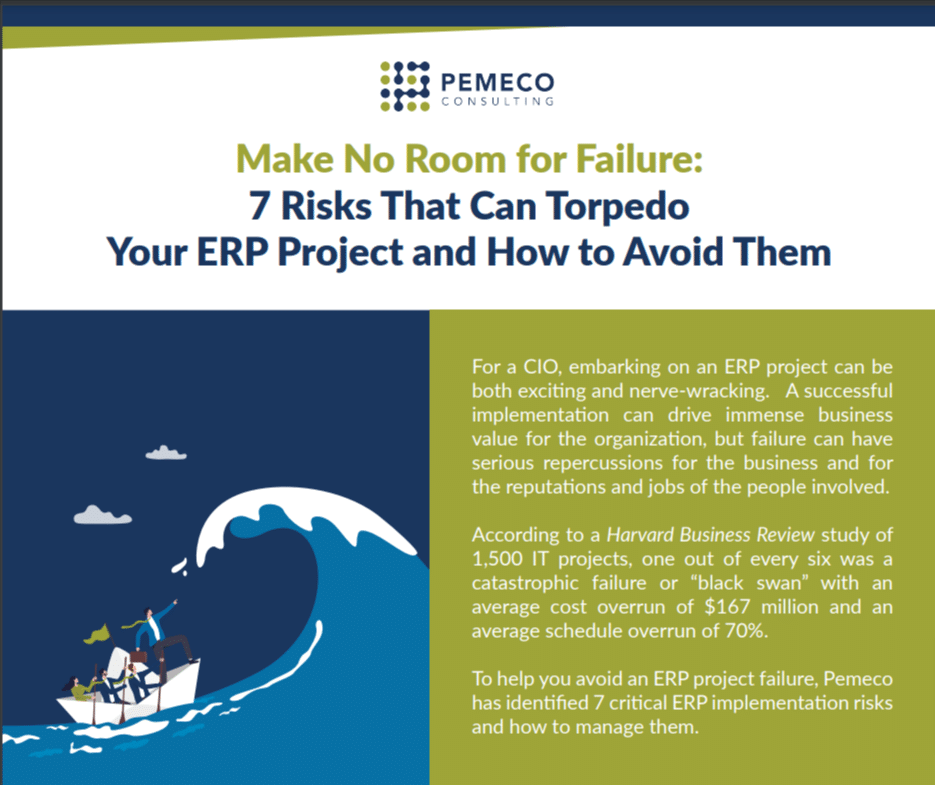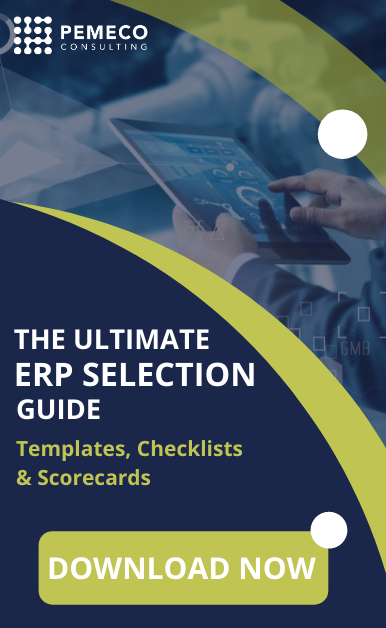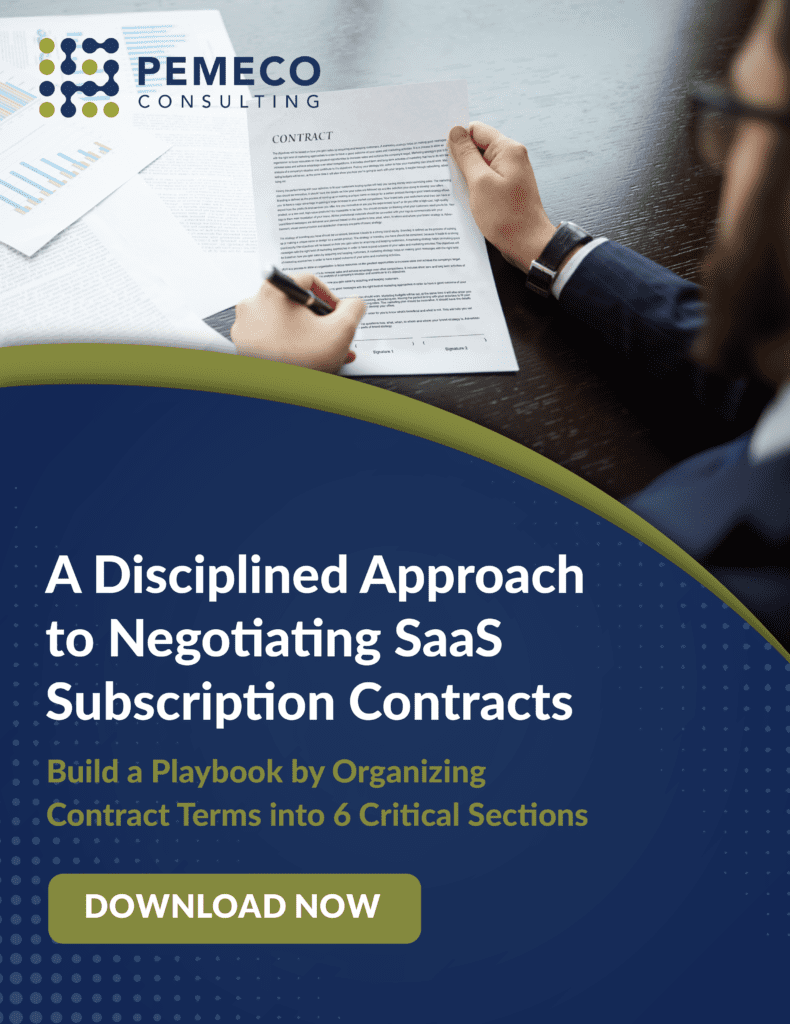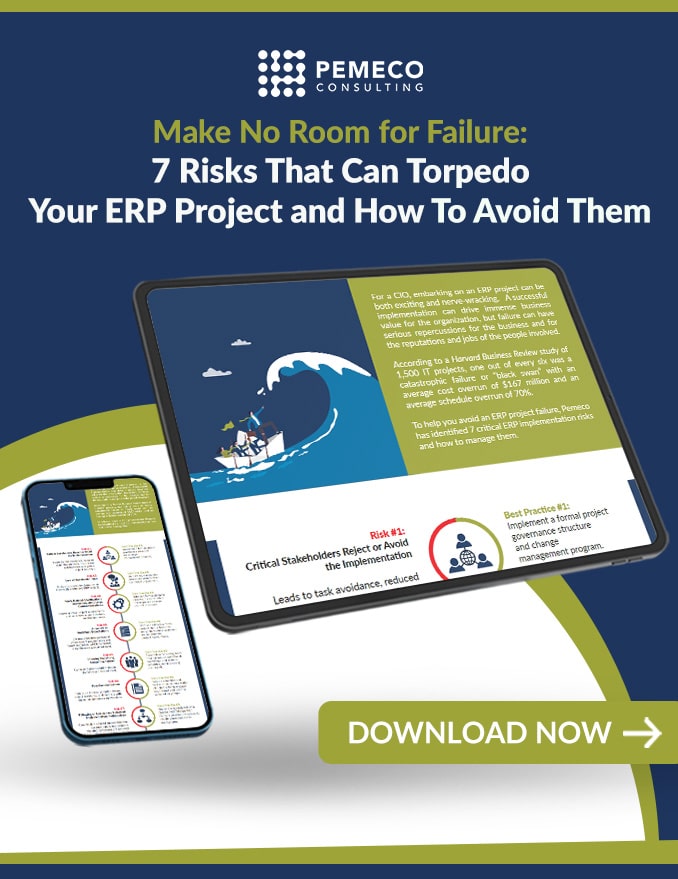ERP Implementation Tip #23: Modifications, Customizations, Personalizations & Interface Projects
Despite what your IT vendor may tell you, no ERP system will be able to satisfy all of your organization’s needs out-of-the-box – it simply will be incapable of doing everything you need it to do. You might still need additional software to deliver certain functionality (for example, to perform advanced financial analysis or manage EDI transactions). Under another scenario, you might need to have the software tweaked to be able to accommodate your business’ unique processes.
Your organization’s ERP implementation needs to have a phase dedicated to delivering this non-core functionality. This phase is known as the “special projects” phase and includes modifications, personalizations and interface projects. Each of these is described more fully, as follows:
- Modifications (sometimes called customizations) involve source code changes to the ERP software application. Unless necessary, modifications should be avoided. They make it more difficult (and costly) to upgrade, maintain and support the system.
- Personalizations involve software enhancements that do not impact the source code.
- Interface projects are intended to bridge the ERP software and other applications. Bridging will be necessary when data is expected to move from one piece of software to another.
Your POV
- What types of special projects did your organization implement?
- Which staff members were delegated responsibility over your special projects?
- What was the biggest challenge in executing your special projects?
- Did the special projects phase run smoothly? Why or why not?
Want to avoid ERP implementation failure?
Download The CIO’s Guide to Preventing ERP Implementation Failure.







